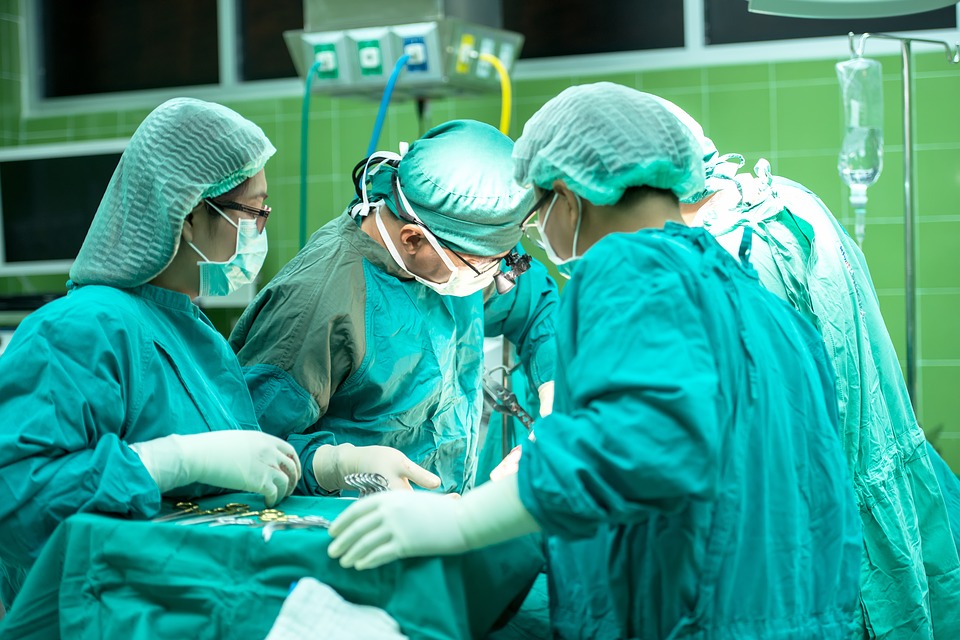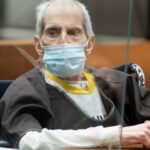A 57-year-old Maryland man became the first person in the world to receive a heart transplant from a genetically modified pig. “It was either die or have this transplant,” the man said.
Maryland man becomes first person to undergo successful pig heart transplant
The patient, identified as David Bennett, is doing well three days after the seven-hour experimental procedure performed in Baltimore, according to doctors.
The transplant was seen as Bennett’s last hope of saving his life, although it is still unclear what his long-term chances of survival are.
“It was either die or have this transplant,” Bennet, 57, explained a day before the surgery.
“I know it’s a shot in the dark, but it’s my last option,” he added.
To go ahead with the procedure, doctors at the University of Maryland Medical Center received special permission from U.S. health authorities on the grounds that if it was not performed, Bennett would have died.
The transplant could mean a major change in the lives of many people around the world.
For the medical team that performed the transplant, it marks the culmination of years of research.
Surgeon Bartley Griffith said this operation would bring the world “one step closer to solving the organ shortage crisis,” according to a statement from the University of Maryland School of Medicine.
That crisis means that 17 people die every day in the United States waiting for an organ transplant. According to OrganDonor.gov. there are more than 100,000 patients on the waiting list.
The possibility of using animal organs to meet human demand – a process called xenotransplantation – has long been considered, and the use of pig heart valves is already common.
A pig as a donor
In October 2021, a team of surgeons in New York announced that they had successfully transplanted a pig kidney into a person. At the time, the operation was the most advanced experiment in the field so far.
However, the recipient on that occasion was a brain-dead patient who had no hope of recovery.
Bennett, for his part, hopes that his transplant will allow him to continue his life. He was bedridden for six weeks before the surgery, hooked up to a machine that kept him alive after he was diagnosed with terminal heart disease.
“I hope to be able to get out of bed after I recover,” he said last Thursday.




